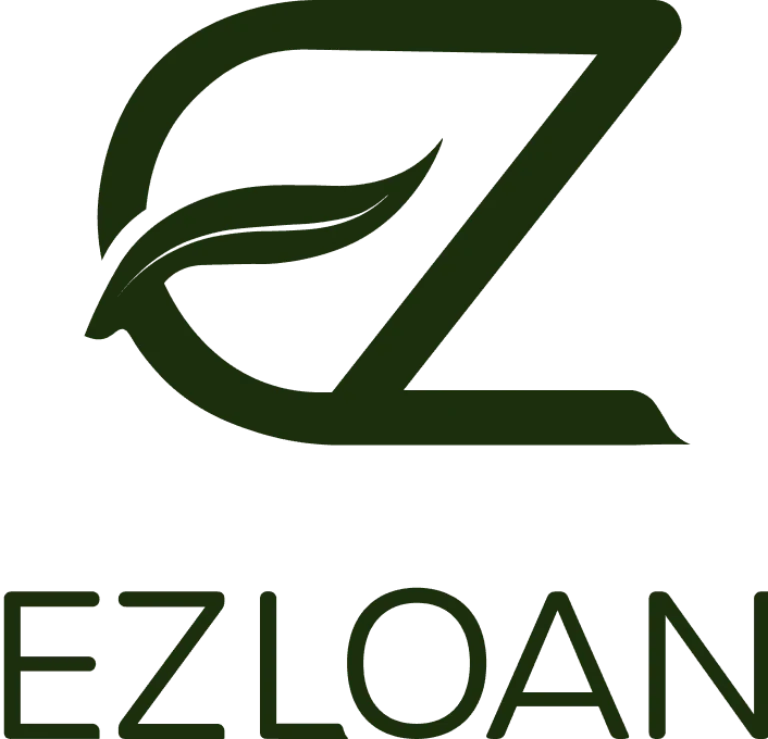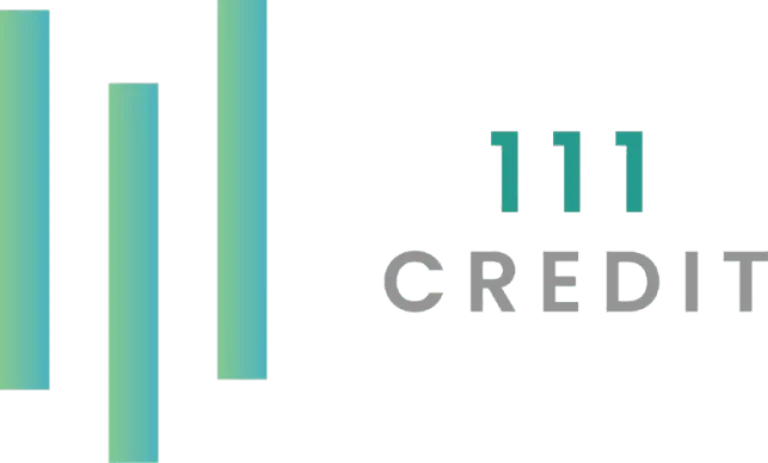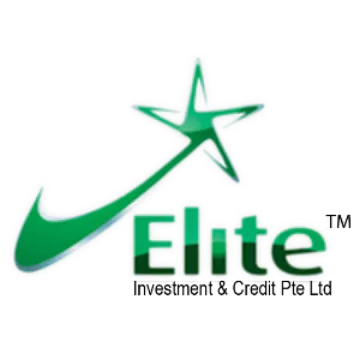Has your bank application been rejected? We have alternative loan options from below 1% per month
Updated: 10 Feb 2026
- Financing options for customers who may not qualify with other lenders
- Loan offers starting from 16% APR
- Same day offer and disbursement
- No early repayment fees
- Convenient locations near to you
- Late interest is chargeable upon late repayment
The information displayed above is for reference only. The actual rates offered to you will be based on your credit score and is subject to the provider's approval.
- Enjoy the lowest interest rates in Singapore
- Get your loan disbursed in just 3 minutes
- Borrow up to 6x your monthly income
- No early repayment fee
- Conveniently located branches
- Trusted and reputable personal loan provider
- Fully licensed & regulated by the Ministry of Law
- Subject to 10% admin fee
The information displayed above is for reference only. The actual rates offered to you will be based on your credit score and is subject to the provider's approval.
- Risk-based pricing—get guaranteed interest rates reviewed and approved
- Borrow up to 6x your monthly income
- 30 minutes loan approval time
- Transparent fee structure with no hidden charges
- Trusted and reputable personal loan provider
- Fully licensed & regulated by the Ministry of Law
- Subject to 8% admin fee
- Max loan tenure of 12 months only
The information displayed above is for reference only. The actual rates offered to you will be based on your credit score and is subject to the provider's approval.
- Apply in just 2 minutes with Singpass
- 0% interest payday loans for eligible applicants
- Get a free credit report (worth $8.72) when you apply with us
- Chosen by more than 5,000 satisfied customers with 5-star ratings on Google
- Guaranteed interest rate, reviewed and approved upfront (risk-based pricing)
- Borrow up to 6x your monthly income
- Get approved in under 10 minutes
- No hidden charges
- Trusted and reputable personal loan provider
- Fully licensed & regulated by the Ministry of Law
- Subject to 10% admin fee
The information displayed above is for reference only. The actual rates offered to you will be based on your credit score and is subject to the provider's approval.
- Free interest for customers that take a 3 month loan if full payment is paid on the 1st month
- Same day disbursement
- Borrow as low as S$200
- Subject to 6% admin fee
The information displayed above is for reference only. The actual rates offered to you will be based on your credit score and is subject to the provider's approval.
- Borrow up to 6 times your monthly salary
- Same-day appointment, quick approval and instant cash disbursement
- Tailored loan plans - Match needs and repayment abilities
- 5-star Google reviews from customers for stress free and smooth process
- Subject to 8-10% admin fee
The information displayed above is for reference only. The actual rates offered to you will be based on your credit score and is subject to the provider's approval.
- Flexible Repayment Options: Offering easier repayment plans with longer tenure can help borrowers manage their finances more effectively.
- Customer-Centric Approach: Understanding customers' needs and providing personalized solutions can build trust and loyalty.
- Friendly and Approachable: Having a friendly and approachable team can make borrowers feel more comfortable and supported throughout the borrowing process.
- Transparent and Competitive Rates: Providing clear and competitive interest rates can help borrowers make informed decisions.
- Quick and Easy Application Process: Streamlining the application process can help borrowers get the funds they need quickly and efficiently.
- Professional and Confidential Service: Maintaining professionalism and confidentiality can help borrowers feel secure and respected.
- Subject to 8-10% admin fee
The information displayed above is for reference only. The actual rates offered to you will be based on your credit score and is subject to the provider's approval.
- Completely digitalised loan process — fast, simple, and paperless
- Subject to min. 8% admin fee
The information displayed above is for reference only. The actual rates offered to you will be based on your credit score and is subject to the provider's approval.
- One Application, Multiple Offers
- Access to 30+ verified lenders
- Guaranteed 0.5% cashback on your loan. T&Cs apply.
- No impact on your Credit Score
- Get offers within 2 business hours
- Trusted by thousands
- Fair and unbiased matching
- Credit based pricing - Loan terms differ based on your credit profile
- Subject to 10% admin fee
The information displayed above is for reference only. The actual rates offered to you will be based on your credit score and is subject to the provider's approval.
- Singpass login, 2-minute application, no paperwork
- Instant cash or PayNow once approved
- Takes about 30 minutes to approve
- Transparent fee structure, no hidden fees
- 0% interest on payday loans (if eligible)
- Interest is pro-rated if you repay early
- Get up to 6X your monthly income
- Subject to admin fees from 7%
The information displayed above is for reference only. The actual rates offered to you will be based on your credit score and is subject to the provider's approval.
- Apply in just 2 minutes with your digital process, Singpass login – no paperwork needed
- Funds will be disbursed instantly via cash or PayNow upon approval
- Get a swift decision in as little as 30 minutes
- Clear fees, no hidden charges
- 0% interest payday loans for those who qualify
- Pro-rated interest if early settlement, instead of early settlement fees
- Borrow up to 6 times your monthly salary
- Enjoy a quick digitalised loan process
- Subject to admin fees from 7%
The information displayed above is for reference only. The actual rates offered to you will be based on your credit score and is subject to the provider's approval.
- Guaranteed interest rate, reviewed and approved upfront (risk-based pricing)
- 0% interest payday loans for eligible applicants
- Flexible repayment dates
- Apply in just 2 minutes using Singpass—fully digital, no paperwork
- Instant disbursement via PayNow or in cash upon approval
- Get approved in 30 minutes
- Trusted by over 3,000 customers with 5-star Google reviews
- Enjoy a quick digitalised loan process
- Subject to 8% admin fee
The information displayed above is for reference only. The actual rates offered to you will be based on your credit score and is subject to the provider's approval.
- Reputable SFA-certified lender with over 2,000 5-star Google reviews.
- Fully licensed and regulated by the Ministry of Law.
- Fuss-free online application with SingPass.
- Low interest rates between 1% and 3.92% monthly.
- Transparent pricing with no hidden fees.
- Loan approval and disbursement in as little as 20 mins.
- trusted by over 3,000 customers with 5-star Google reviews
- Enjoy a quick digitalised loan process
- Subject to 7% admin fee
The information displayed above is for reference only. The actual rates offered to you will be based on your credit score and is subject to the provider's approval.
- Apply in just 2 minutes using Singpass – fully digital, no paperwork
- Instant disbursement via PayNow or in cash upon approval
- Loan approval in 30 minutes
- Transparent fee structure with no hidden charges
- Subject to 8% admin fee
The information displayed above is for reference only. The actual rates offered to you will be based on your credit score and is subject to the provider's approval.
- Conveniently located at Jurong East (West Area)
- Apply instantly with Singpass – just 2 minutes!
- Fast approval within 30 minutes
- 0% interest payday loans for eligible applicants
- Licensed and trusted by over 5,000 happy customers
- No hidden fees – 100% transparent rates
- Flexible repayment options to suit your needs
- Instant disbursement via PayNow or cash upon approval
- Subject to 7-10% admin fee
The information displayed above is for reference only. The actual rates offered to you will be based on your credit score and is subject to the provider's approval.
1. Apply once via Singpass on lendela.com
2. Get live quotes from over 70 trusted loan providers
3. Choose your preferred loan and get your money
- Apply once, get multiple loan offers
- Get quotes from over 70 verified loan providers
- No impact on your credit score
- Choose your preferred loan and cash out within the day
- Full loan concierge service
- Free service, no hidden costs
- Interest rate & fees vary depending on chosen loan provider (18.25% p.a. interest on average, 5% processing fee on average)
Use Singpass MyInfo to get more accurate quotes
The information displayed above is for reference only. The actual rates offered to you will be based on your credit score and is subject to the provider's approval.
Unsure which is the right option?
-
If you're unsure which alternative loan option suits you best, you can also explore lending platforms like Credible.sg. These platforms partner with multiple licensed lenders to provide you with personalized loan quotes, helping you compare and choose the offer that fits your needs.
Looking for bank loan options instead?
While licensed money lenders can provide fast access to cash with flexible eligibility requirements, some borrowers may prefer the stability and lower interest rates typically offered by banks. If you're exploring more traditional financing options, SingSaver also partners with trusted banks in Singapore to bring you competitive personal loan offers. These bank loans may come with longer repayment periods, lower total costs, and promotional perks.
Here are some recommended bank loan options you can consider:
Frequently asked questions about alternative lenders in Singapore
-
Your NRIC or FIN
-
Proof of income (e.g., payslips or bank statements)
-
Proof of residence (e.g., utility bills)
-
SingPass login (for digital verification, if applicable)
-
If you earn less than $10,000/year: up to $3,000
-
If you earn more than $10,000/year: up to 6x your monthly income
An alternative loan provider is a legally licensed moneylender in Singapore that offers personal loans outside of traditional banks. These providers are regulated by the Ministry of Law and offer quick, flexible loan options that can suit a variety of needs from emergency expenses to short-term cash flow support.
Yes, as long as the provider is licensed by the Ministry of Law. Licensed providers follow strict regulations around interest rates, fees, and loan terms to ensure fair lending practices. Always verify the lender’s license via the MinLaw website.
Many alternative loan providers offer same-day approval and disbursement, especially if you apply early in the day with the required documents. Online applications can further speed up the process.
Typically, you’ll need:
Requirements may vary slightly between providers, but most aim to keep the process simple.
oan amounts depend on your income and the provider’s assessment. Generally:
Each provider may offer different terms, so it’s best to compare offers before deciding.

















